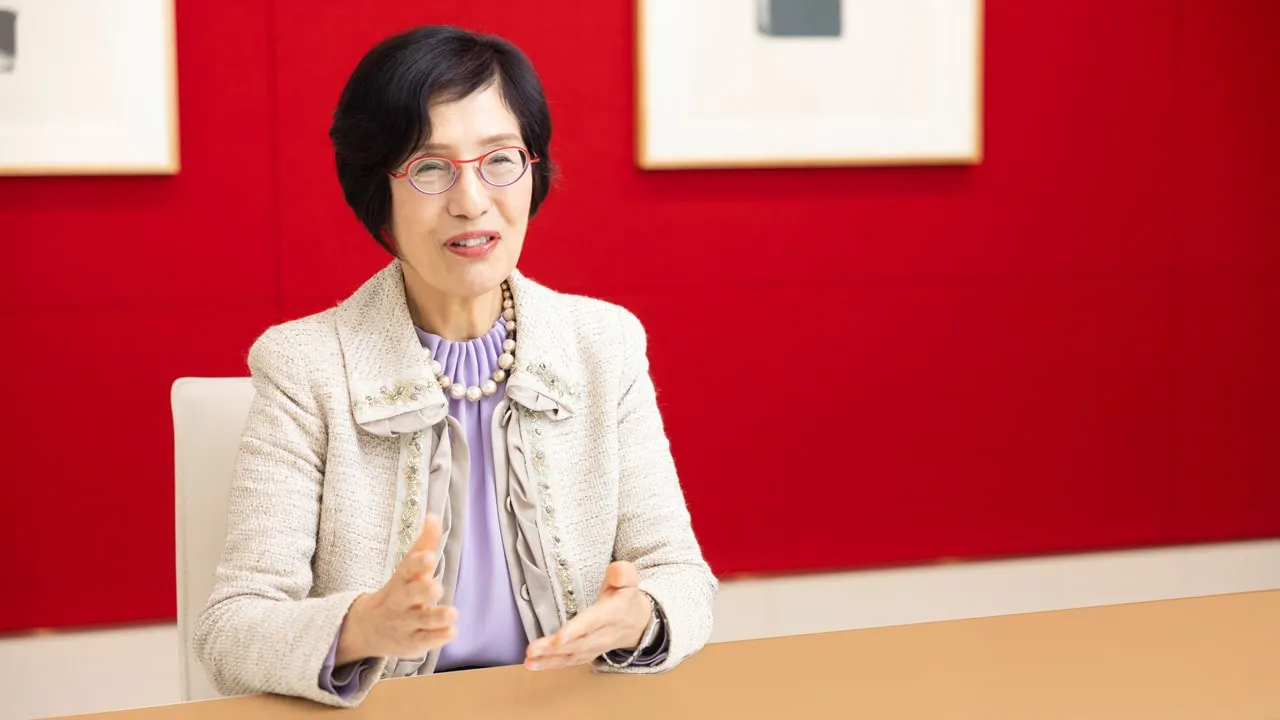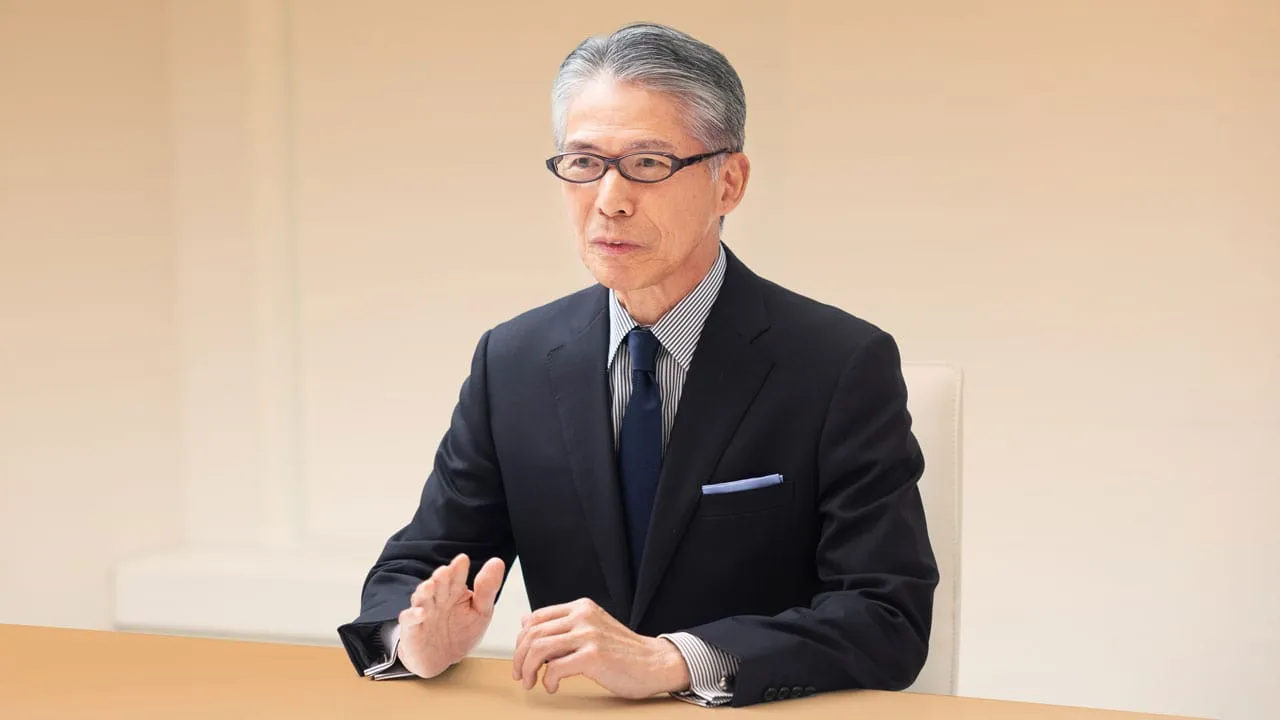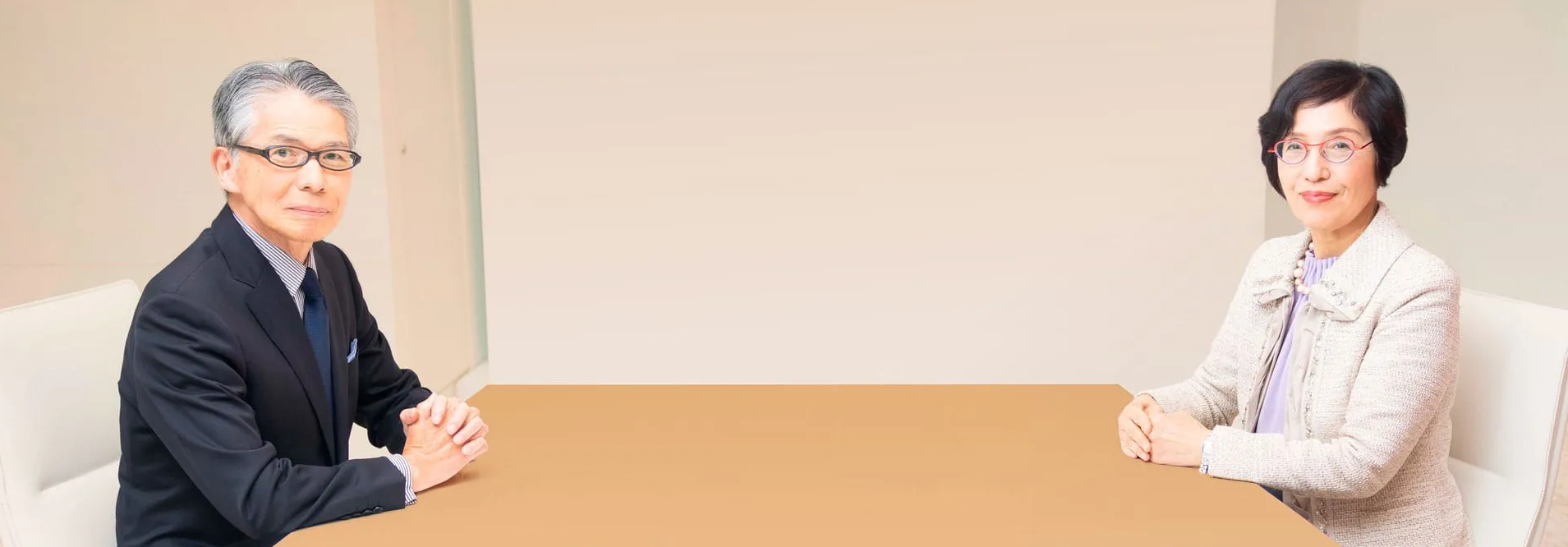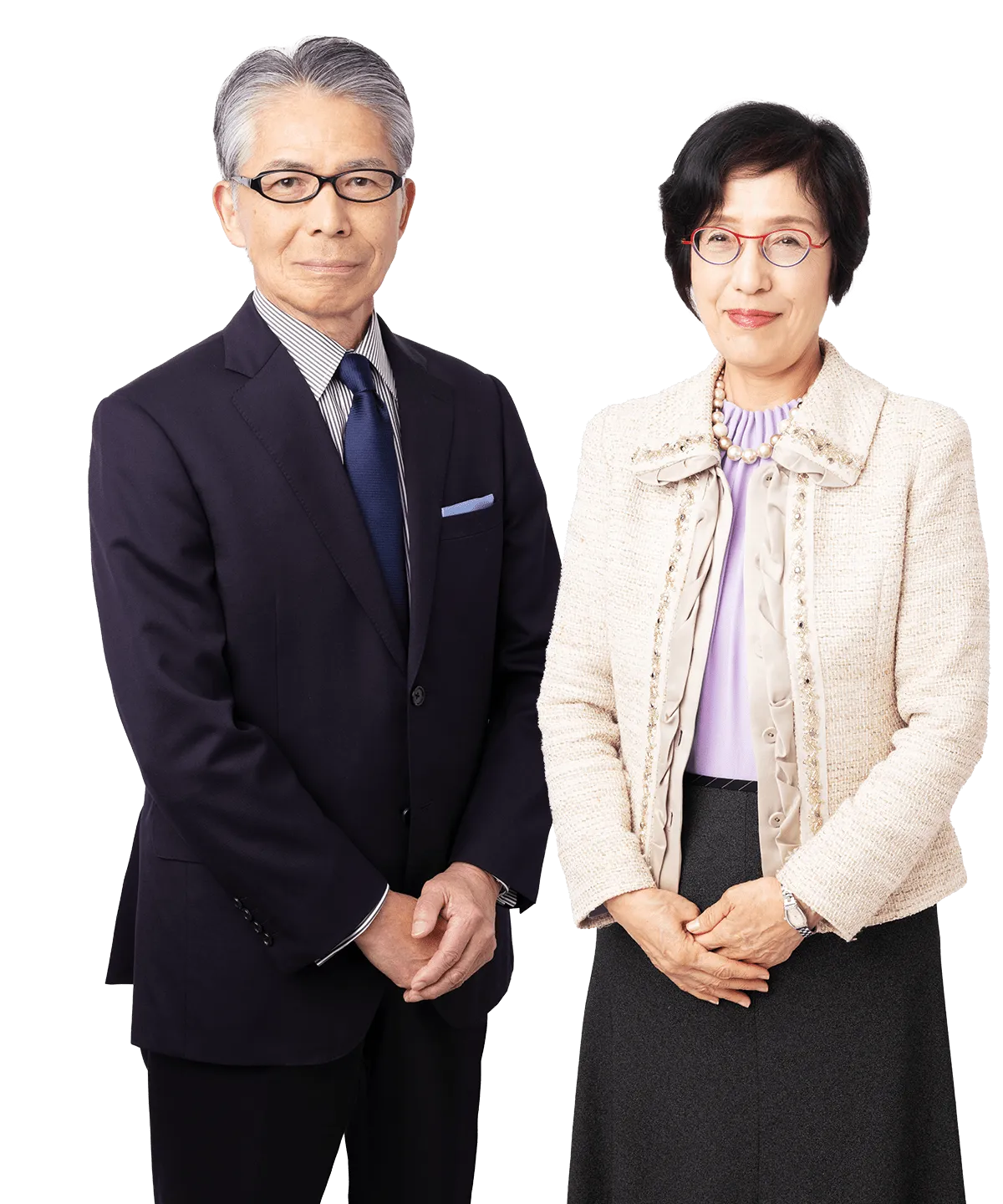2024 Overview and the Impact of Changes in the Governance Structure
2024 has been a challenging year, marked by lackluster business results and share price performance. We recognize the seriousness of this situation, where the increasing gap between stakeholder expectations and the reality has become prominent. I am reminded once again that both directors and executive officers must listen to the opinions of our stakeholders in order to accelerate execution and to drive operational excellence.
In 2024, we changed our corporate governance structure to a "Company with Three Statutory Committees," ensuring that deliberation by the Board of Directors is focused on critical issues that significantly impact the direction of management, and as a result, I feel we have been able to engage in more effective discussions. As we continue to struggle with weak earnings performance, I think it is important to address the issues in a short term for a recovery. However, I encourage our executive officers not to get too caught up in that alone. Instead, they should envision the future that we aspire to over the medium- to long-term in a fundamental way, and execute our business with agility and flexibility.
As you mentioned, we have been proactively engaging in strategic discussions at the board meetings since 2024, and there have been more opportunities for dialogue with the executive officers outside of board meetings. However, due to the challenging business environment, much of our time has been spent on reviewing the current progress. While it is crucial for us to ensure an earnings recovery in a short term, that alone will not secure our future. We have gone through a series of tough and honest discussions about how we can navigate and thrive in a volatile external environment. Going forward, I believe we must dedicate even greater focus to long-term strategic dialogue.
In the face of changing market conditions and social landscape, it took longer than anticipated to align the "Action Plan 2025-2026" with our current medium-term strategy “SHIFT 2025 and Beyond," and finalize its framework. In addition to actions focused on short-term strategies, I believe we must set a clear milestone towards growth and evolution that leverage Shiseido's unique value which is something that we plan to disclose during 2025.
From an audit perspective, have there been any changes occurring by the shift in governance structure?
I have always believed that Audit & Supervisory Board members are playing an integral role in management, and we have always spoken up and taken action whenever we believed it necessary for the business. In that sense, I do not feel there have been any significant changes. That said, changes to the governance structure have provided an opportunity to examine and identify priority themes for the Audit Committee to better contribute to enhancing corporate value. We are proactively engaging with the executive officers and placing even greater emphasis on direct dialogue with frontline employees.

Key Challenges and the "Action Plan 2025-2026"
First, when it comes to the China and Travel Retail Businesses, we must reflect on the fact that we became overly concerned with external factors such as demand fluctuations amid post-COVID economic downturn as well as the impact of consumer pull back on purchases of Japanese products after the release of treated water, causing us to lag behind in addressing fundamental shifts in consumer purchasing behavior. As we still recognize China as a critical market for our business over the medium- to long-term, currently we are in the midst of the process to reorganize our operational structure while reallocating our business resources in order to better capture shifting trends in consumer behavior.
In the China Business, I think our awareness towards the potential erosion of brand equity was blunted by the impact of external factors. It is critical that we avoid being overly optimistic about the future outlook and instead, stay mindful of the voices of people working on the frontline in China to have a clear grasp of the market. We recognize that the Travel Retail Business experienced a distorted pattern of growth during the pandemic. Going forward, it will be imperative that we quickly stabilize the business, with a primary focus on tourists.
We are continuing to roll out the FOCUS![]() project while addressing ongoing challenges; however, the project is falling behind schedule. This is far more than a system upgrade—a complete transformation of our business model, which requires a fundamental mindset shift, one bold enough to leave behind conventional operations. We are requesting that it be treated with the utmost priority as a project that drives operational excellence globally, spearheads business transformation, and maximizes value through rapid worldwide deployment.
project while addressing ongoing challenges; however, the project is falling behind schedule. This is far more than a system upgrade—a complete transformation of our business model, which requires a fundamental mindset shift, one bold enough to leave behind conventional operations. We are requesting that it be treated with the utmost priority as a project that drives operational excellence globally, spearheads business transformation, and maximizes value through rapid worldwide deployment.
For FOCUS, we realize that ownership over the project—and the accountability and responsibilities that it entails—needed to be better defined. Though the Audit & Supervisory Board monitored progress in the past, I believe that the Company should have recognized this earlier. We will continue to identify it as an important topic for the Audit Committee.
On the other hand, the revitalization of the Japan Business, which faced challenges for many years, is showing positive results from our structural reforms. We believe that shared goals and mindful dialogue with employees have been key to the success.
In the Japan Business, we have advanced an uncompromising strategy of selection and concentration based on unified policies. Above all, I believe that the determination of the CEO, Kentaro Fujiwara, and the dedication of our employees were the main reasons for the success. The Board of Directors called for strengthening core competencies while boldly dismantling outdated structures that could not adapt to market shifts, and we actively supported these efforts. What proved especially effective was the decisive speed of execution. Prolonged structural reforms risk exhausting both our people and the organization itself. That's why it is critical to execute these changes swiftly and with precision. I am confident that these achievements will directly fuel the success of the "Action Plan 2025-2026."
The Audit Committee closely monitored the progress on structural reforms in the Japan Business, staying abreast of developments on the ground. Even during the implementation of the Early Retirement Incentive Plan, which impacted around 1,500 employees, leadership demonstrated great care and compassion—supporting those departing as they transition to new chapters while thoughtfully addressing the concerns of those who remained. It was, I believe, a transformation driven by positive momentum of people across the organization.
When it comes to the "Action Plan 2025-2026", we are fully aligned with management and committed to executing it with unwavering resolve. We recognize that the success of these structural reforms—along with earning back consumer trust in our brands and products and returning to a growth trajectory—is what our stakeholders expect most.
We remain steadfast in our commitment to becoming a "Personal Beauty Wellness Company" that delivers enduring value through the power of beauty, and the "Action Plan 2025-2026" serves as the foundation for achieving this goal. We are determined to ensure that capital markets recognize this moment as a true turning point for Shiseido. Our decision to establish KPIs focused on ROIC demonstrates both management transparency and operational excellence, reflecting our strong commitment to enhancing corporate value. The Board of Directors will rigorously monitor the setting of specific targets for both the departmental and individual levels that break down these KPIs, as well as their disciplined execution.

Future Aspirations for Advancing Corporate Governance
In addition to overseeing the progress on structural reforms, our discussions must now focus squarely on how Shiseido will drive growth. That will require us to reexamine what truly defines brand strength. We will rigorously evaluate the frameworks, organizational structures, and approaches to talent recruitment and development that are essential to achieving this. From a management perspective, we should also reassess the alignment between regions and brands, along with our operational models. We will initiate a management structure optimized for the entire organization, with an eye toward enhancing corporate value.
Essentially, the role of the Board of Directors is to fully understand the expectations of all our stakeholders—employees, consumers, business partners, shareholders, society, and the earth—and translate those expectations into decisions that drive sustained corporate value creation. Ultimately, what is expected of us is to remain a company the world needs—one that continually contributes to global beauty and a more enriched society through Shiseido's aesthetic values.
I fully agree. Shiseido has a long history of pioneering bold innovations and creating new value. The Board of Directors is committed to fostering a forward-looking organization where every employee carries this spirit with pride and is confidently able to say that they, too, are helping lead the times.
Mr. Hatanaka, as of 2025, you've begun serving as Chair of the Board of Directors. With your clear thinking and ability to focus on what truly matters, I hope that together, we can further strengthen collaboration with the executive officers and remain steadfast in our mission to enhance corporate value.
I firmly believe that speed of execution is the key to effective management. As I look ahead to Shiseido's future, I will help drive flexible, agile execution while ensuring the Board of Directors remains responsive and ready to adapt. With the continued support of our stakeholders, we look forward to growing Shiseido together.


